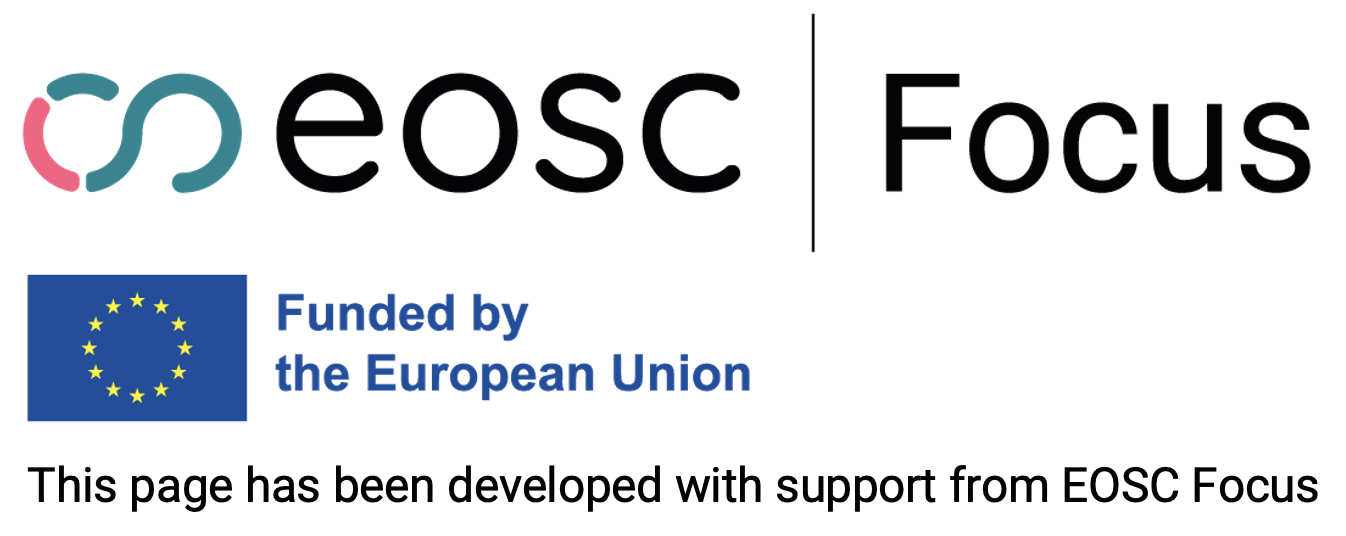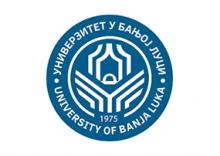
Bosnia-Herzegovina
Overview
EOSC Steering Board representatives
 Bosnia-Herzegovina is currently at the early stages of Open Science development and has limited resources and administrative means to effectively promote Open Science. As such the implementation of strategies or policies still face significant challenges.
Bosnia-Herzegovina is currently at the early stages of Open Science development and has limited resources and administrative means to effectively promote Open Science. As such the implementation of strategies or policies still face significant challenges.
The NI4OS project, implemented in Bosnia-Herzegovina by the University of Banja Luka, launched an initiative at the end of 2021 to facilitate easier access to resources, tools, services, and expertise in the country. The University of Banja Luka presented this initiative at the Rector’s Conference of Bosnia-Herzegovina, leading to the signing of a Memorandum of Understanding by all eight public universities in early 2023. The signatory institutions are committed to working together towards the establishment and/or maintenance of an Open Science initiative at the level of Bosnia-Herzegovina, including both the Republic of Srpska and the Federation of Bosnia-Herzegovina.
- Raising awareness and promoting Open Science,
- Ensuring access to open research infrastructures and services,
- Supporting the research and education community in conducting scientific research,
- Facilitating international collaboration with Open Science structures and researchers.
This would also facilitate the participation in projects and aid in the development of further activities and participation in Open Science. A consortium has been established through a Joint Research Unit (JRU).
Currently, Bosnia-Herzegovina, including the Republic of Srpska and the Federation of Bosnia-Herzegovina, has no Open Science policies in place, nor are there plans or a roadmap for establishing one. Nonetheless there are efforts ongoing to build momentum for discussions to establish an Open Science Cloud initiative with which to engage the academic community and policymakers.
Additionally, the Republic of Srpska has recognised Open Science as one of the key principles of scientific research in its “Law on scientific research and technological development”.
National Structure
University of Banja Luka: In January 2020, the University of Banja Luka was granted the status of a regular member of OpenAIRE. The network consists of National Open Access Desk (NOAD) contact points, managed by the European Support Service, which facilitates a coordinated transition towards Open Science. The University of Banja Luka represents Bosnia-Herzegovina within this network.
Additionally, in 2020, the University of Banja Luka became an observer member of EOSC (European Open Science Cloud), making it the first institution from Bosnia-Herzegovina to join this initiative.
NAUKA: Under the NOSCI project a structure has been developed, with its approach being from a hybrid basis, and launched in 2022 through the signing of a Memorandum of Understanding. Its aims are to promote and raise awareness on Open Science and to provide Open Science infrastructures and services for the benefit of the research and education community to carry out research, as well as to interconnect with international Open Science structures and researchers. The involved parties aim to bring together and provide resources for the benefit of fulfilling this objective in the framework of common projects and contracts that are carried out and financed.
DASS-BiH (Data Archive for Social Sciences in Bosnia-Herzegovina) is the service with a role to ensure long-term preservation and dissemination of social science research data in Bosnia-Herzegovina (BiH). The main activities of DASS-BiH include the digital curation of research data that is openly accessible to researchers.










































